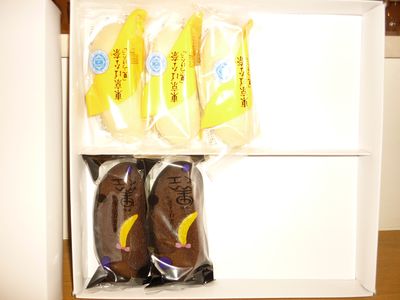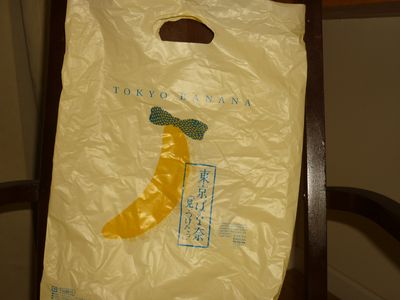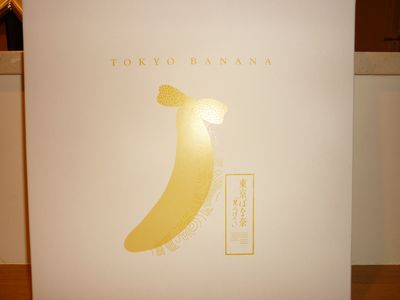CONTRIBUTED BY JANNINE MYERS
Whenever I pass through an airport in Japan, I am reminded by all the omiyage displays that I must not return home without bearing gifts. There are several occasions where giving a gift is customary in Japan, and one such occasion is when you return from either a personal or business trip.
The word omiyage essentially means “souvenir.” Just as we might pick up souvenirs for certain friends, co-workers, or family members, the Japanese also do the same. The difference however, is that omiyage, in most cases, is generally expected (though humbly received). And as is typical of most Japanese traditions, there are one or two cultural rules to consider if you really wish to make a good impression:
1. How much you spend on a gift isn’t necessarily important, it’s the gesture that is truly appreciated. A beautifully wrapped gift will also be well received and in some cases may even be considered more important than the gift itself.
2. Knowing what to buy can be difficult, but a good rule of thumb when you’re short of time or simply unsure, is to buy some of the specialty cakes and sweets from either the city you visit, or from whichever Japanese airport you happen to pass through on your way home. On our recent trip I wanted to make sure I brought home omiyage for my Japanese friends and neighbors, so before we left New Zealand I picked up various kinds of chocolates.

I also bought omiyage at Haneda Airport; I bought a couple of boxes of Tokyo Banana (banana-crème flavored cakes). One of the boxes was passed on as a gift but the other one didn’t make it past the greedy little hands of a certain six year old in our house.

The box that fell into wrong hands……..
Many of you have probably noticed that each airport in Japan has display stands full of omiyage, and each region carries its own specialty cake, cookie, chocolate, or particular kind of sweet treat. They are sold in individual sizes, usually in lots of eight, or ten for example, and they come in nicely wrapped boxes. Plastic bags labeled with the name of the product are also provided, and these are suitable to use when presenting your gift.

Tokyo Banana Bag – excuse the wrinkled look, it too fell prey to a certain little six year old
3. When offering your gift, it is polite to present it with both hands, and if you think you can manage it, an appropriate Japanese phrase would be “Tsumaranai Mon” (“It’s nothing, just a little something”). In saying this, you are suggesting that your friendship is more significant than the gift itself.
4. One final tip, don’t be offended if the recipient graciously thanks you for your gift and then puts it aside; it’s quite common for gifts to be opened privately, especially if other people are present and without a gift.
Probably the most difficult thing about buying omiyage, at least in our household, is getting it distributed before it becomes too much of a temptation…




Tokyo Banana sounds yummy! Where can I get them?
Glad you’re enjoying the gift and cultural exchange Leah :)It sounds like your neighbors really enjoy visiting with you and your family.
Leah, your neighbors are very nice people. I wanted to buy that house for a long time!
This is a very important thing to know when living off base! My nearest neighbor lives in mainland, outside of Tokyo, and whenever they come to stay in their vacation home here on the island, they bring us a gift. The first time they gifted us this actually stumped me because they brought us some very expensive and wonderful grapes that he grows in mainland (the likes of which I have not even seen in local stores). I actually consulted some friends who are much more versed in Japanese traditions to know what an appropriate return gift would be (in this case blueberries were in season and available at the commissary). What I didn’t understand at the time was that EVERY time my neighbor comes from the mainland they bring us a gift. This seems to be much more friendly than I have ever been with any of my neighbors in the US! And then this past time I went on a weeklong trip to Bangkok I had the opportunity to bring them sweets from Thailand. My neighbors speak as much English as we speak Japanese, which is to say not very much, but we are enjoying the trading of gifts. Another note is that each time we give the gifts, the neighbors ask to see our children as well (the couple are grandparent age). This has turned into a wonderful cultural teaching opportunity for our kids!
Great post! I never knew the name of the souvenir. Gotta love sampling all those yummy treats pre boarding!